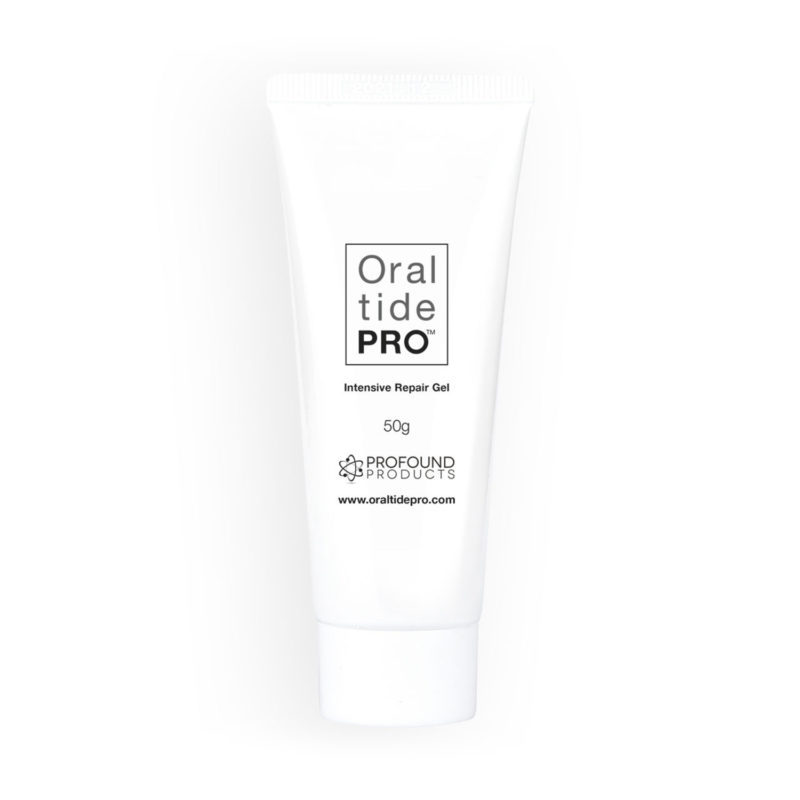Does oral health impact other areas of the body?
 Keeping our teeth clean can seem like a chore but this seemingly insignificant area is actually linked to many areas of the body and their overall health. Poor oral health has been linked to a number of health problems associated with the heart and cardiovascular system, the lungs and respiratory system, the stomach and related digestive processes, and the joints. In addition, poor oral health can also lead to pregnancy complications. There have also been suggestions from past research that Alzheimer’s disease could be linked in particular to gum disease, although more research will be needed to confirm this.
Keeping our teeth clean can seem like a chore but this seemingly insignificant area is actually linked to many areas of the body and their overall health. Poor oral health has been linked to a number of health problems associated with the heart and cardiovascular system, the lungs and respiratory system, the stomach and related digestive processes, and the joints. In addition, poor oral health can also lead to pregnancy complications. There have also been suggestions from past research that Alzheimer’s disease could be linked in particular to gum disease, although more research will be needed to confirm this.
So, with all this in mind, it is really important to keep not only your teeth clean, but all areas of your mouth.
Oral health problems
It is not uncommon to suffer with oral health problems; even if you think you are brushing your teeth well, in all likelihood there will still be areas of the mouth that need more care. The most common oral health problems are:
- Tooth decay
- Periodontal disease (gum disease)
- Gum recession
There are other oral health problems, such as oral cancer, orofacial clefts and noma, but these tend to be less common.
Tooth decay
Tooth decay involves a lot more than a simple breakdown of your teeth. If we do not remove bacteria properly, it can start to make acids that attack the enamel of the teeth, leading to cavities (small holes) in the teeth. As these bacteria multiplies and the hole(s) grow, the bacteria can then travel around the body via the bloodstream and also be inhaled into the lungs. This can lead to resulting health problems such as:
- Pneumonia
- COPD
- Acute bronchitis
- Respiratory infections
In addition, infections resulting from oral bacteria can weaken the immune system, increase the risk of heart problems and heart disease and worsen existing health issues like diabetes, osteoporosis and other chronic conditions.
Periodontal disease (gum disease)
Periodontal disease, also known as gum disease, is a condition where bacteria in the mouth enters diseased pockets under the gum. It can then enter the bloodstream, leading to increased inflammation in the body. This in turn increases risk of developing heart disease [1], which is also exacerbated by lifestyle risk factors like smoking or poor oral care. Other health complications from inflammation include the risk of blood clots, arthritis, dementia and there have also been links with an increased cancer risk. [2]
Gum disease has also been linked with diabetes in terms of increased complications in the heart and kidneys or making stable diabetes harder to control. Diabetes and gum disease have been seen to have a “two-directional” relationship, in that gum disease is worsened by the high blood sugar levels often seen in poorly controlled diabetics.
- There are a few stages of periodontal disease [3]; initially it starts with sore and bleeding gums that are often very red or purple. This stage is called “gingivitis” and is totally reversible if treated effectively.
- The next stage is “mild periodontis”. The gums may start to pull away from the teeth at this point, leading to pockets where bacteria and plaque can stay undisturbed.
- “Moderate periodontis” follows the mild stage, which is where sufferers may experience bad breath, pain when eating and pus on the gum line.
- The final stage is “Advanced periodontis” – bone loss may start at this point, and so may wobbly teeth that eventually fall out.
Gum recession
Gum recession (shrinkage) is where the gum tissue actually pulls away from the teeth. eventually the roots will become exposed, which leads to pain, wobbly teeth (and eventual tooth loss) and even bone loss.
Receding gums are typically caused by periodontal disease, but other factors include normal ageing and excessively hard brushing.
Maintaining good oral hygiene
Maintaining good oral hygiene, including regular brushing, flossing, and dental check-ups, is essential not only for the health of your mouth but also for your overall well-being. It is also crucial to address any issues you may notice as soon as you can, to prevent them from worsening.
In addition to good oral care, using peptide based oral care products is beneficial as these offer benefits to not only common oral conditions as above, but also aid recovery for sufferers of conditions like periodontitis, by aiding enamel remineralization and reducing etching on the teeth.
The OraltidePro™ range of products includes a repair gel and a mouthwash. Both contain DPR (Dental Bond Peptide) and AGDP (Anti-gingival Degenerate Peptide). Both products are easy to use and form part of a regular good oral care routine.
- OraltidePro™ Repair Gel: https://www.antiaging-systems.com/products/oraltide-pro-repair-gel/
- OraltidePro™ Mouthwash: https://www.antiaging-systems.com/products/oraltide-pro/
Resources
[1] https://www.bsperio.org.uk/periodontal-diseases/periodontitis-and-general-health/
[3] https://my.clevelandclinic.org/health/diseases/21482-gum-periodontal-disease

